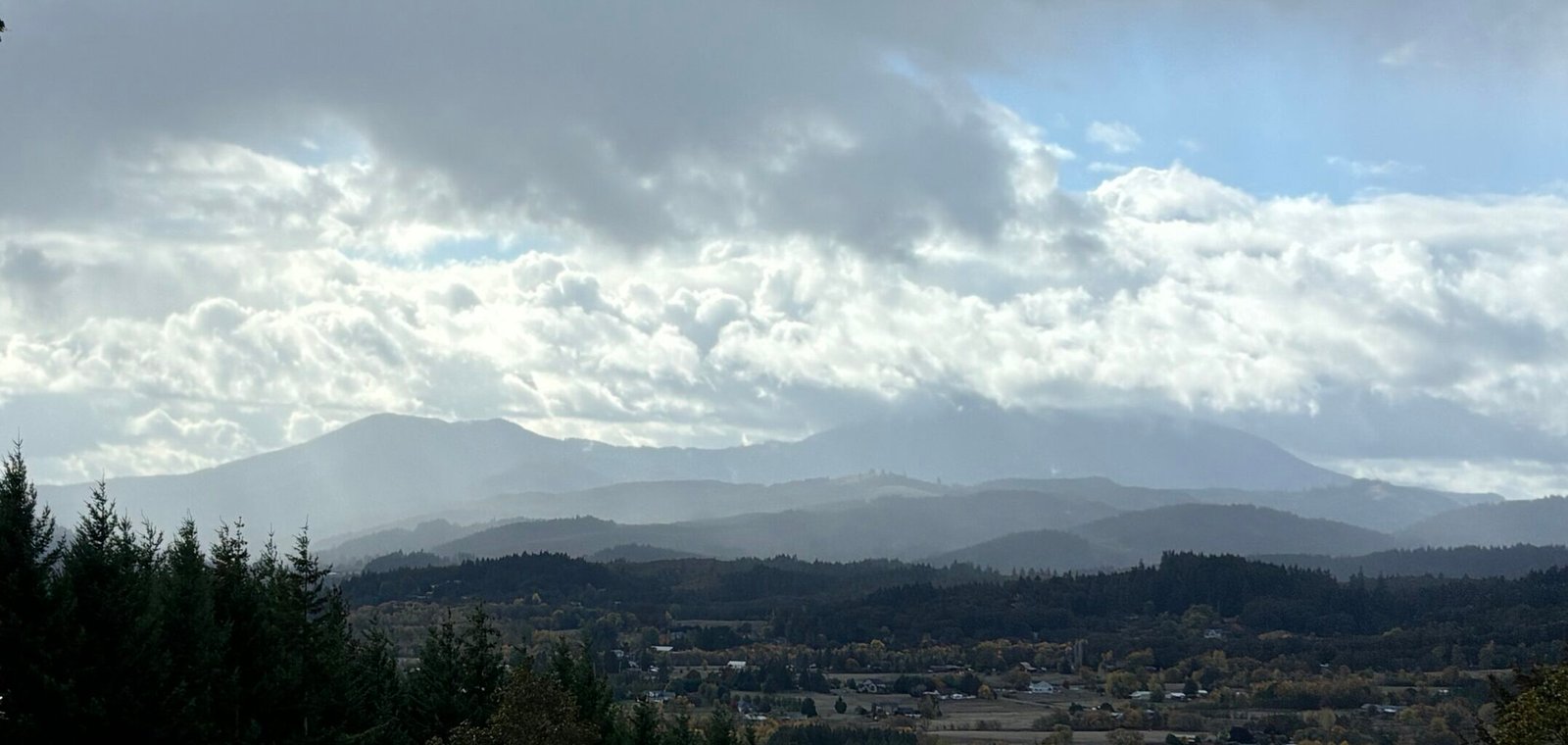
Pandemic Insights One: What matters to us and what we fear
Like many of you, I’m working from home, going out only to grocery shop and take walks. I’m trying to keep what I can of my schedule, which means posting my monthly blog by the end of March. But I’ve been unsure about what to say during this disorienting time. Is there a constructive way to talk about the connections between the coronavirus pandemic and the slower-moving catastrophe of climate change?
Two climate thinkers I admire have insights about what the coronavirus pandemic shows about what we care about and what we fear. These insights illuminate a possible path forward in our efforts to tackle the climate crisis, offering some inspiration.
Katherine Hayhoe: What matters to all of us is the same: the health and safety of our loved ones and our communities. Climate change and the coronavirus are alike in that they both threaten what matters to all of us.
Climate scientist Dr. Katherine Hayhoe, one of my favorite climate communicators, was asked about the connections between the coronavirus pandemic and climate change by John Schwartz of the New York Times. Here is part of her response:
“This crisis really brings home what matters to all of us. What really matters is the same for all of us. It’s the health and safety of our friends, our family, our loved ones, our communities, our cities and our country. That’s what the coronavirus pandemic threatens, and that’s exactly what climate change does, too.”
Claire Cohen-Norris: A major reason we haven’t yet eliminated fossil fuels is our fear of change and disruption. Now, coronavirus has turned our world upside down. This give us an opening to make the big shifts we need to decarbonize quickly as we navigate the global pandemic.
In a new blog post from climate advocate and biology teacher Claire Cohen-Norris, she says:
“Why have we been slow to eliminate fossil fuels? The short answer is fear of disruption…Well, disruption is here. COVID-19 has made sure of that.”
The pandemic, she argues, has almost instantaneously disrupted our entire society, shifting our expectations for the future. This creates an opening for facing the climate crisis and rapidly decarbonizing our entire economy (I’ve written elsewhere about having the policy tools and knowledge to decarbonize, as soon as we build the social and political will to do so). Our world, Cohen-Norris reasons, is going to be upside down no matter what we do now. So we might as well tackle the climate crisis–a slower moving global catastrophe that threatens everything we care about–as we navigate the global pandemic.
If we can see that the climate crisis, like COVID-19, threatens all we care about, and we accept that total disruption is already here, it becomes more imaginable we can rapidly decarbonize now to protect a livable world. The possibilities are extraordinary.



